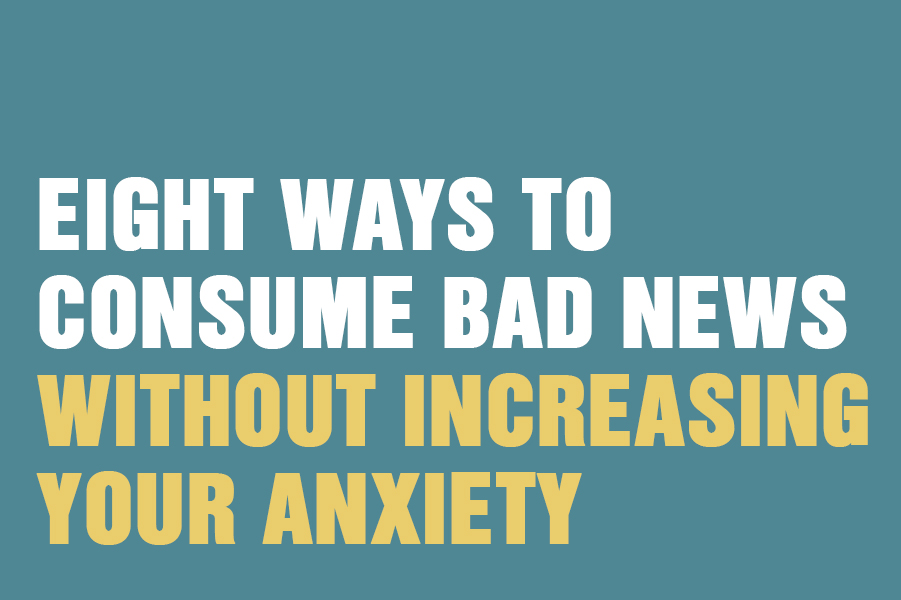Stress is everywhere – or so it seems. Whether it’s caused by work, family, partner, kids, money, health or self-pressure, stress – and how to relieve it – is one of the key reasons why people come into therapy.
We’re not talking about ‘good’ stress – that welcome rush of adrenaline that helps us meet deadlines, win races, and remember to say something useful in a meeting. It’s the ‘bad’ stress that can do the damage. Bad stress is where the adrenaline doesn’t go away, or you find yourself needing it more and more just to get through the day. You feel overwhelmed as though the task ahead is way too much for you to achieve. That gap between what’s possible and what’s too much is often where stress resides – especially if you’re a high achiever and put a lot of pressure on yourself to do well.
Official figures show that stress accounts for nearly half of all working days lost due to ill health. Stress is said to be as bad for you as junk food. It can wreak havoc with your system and leave you feeling depleted and low. Stress robs you of the ability to think clearly, and you can feel as though you’re firefighting a lot of the time instead of doing something creative with your life.
From our work as psychotherapists, we have collated some top tips that we hope will help you to stress less:
Give yourself time
Lack of time creates unnecessary pressure and can leave you feeling frazzled. Taking on too much and hoping for the best isn’t always the answer. Not sure how you’re managing your time? Over the course of a week, if you can, write down everything you do in those days, and how long it takes. You may be surprised at how inefficient you are with time. Resolve to cut out the unnecessary to focus on what’s really important.
Become more mindful
Being stressed can rob you of the present because you’re so worried about the future. Becoming mindful means being present in the current moment, and taking your time over things. It can be so easy to go into default mode and get swept along with the day. If you’re mindful then you can witness what’s going on and take time to respond in a healthy way rather than react in a stressed-out way.
Set and guard your personal boundaries
‘Boundaries’ is a word you’ll often hear when you come to therapy. Boundaries, in essence, are the rules – the framework, if you like – within which you work. Boundaries are there to offer containment and reassurance. They keep you safe. Boundaries can be set around time, money, space, relationships, behaviour – anything you feel strongly about. When you’re stressed, boundaries can be broken and can leave you feeling lost and confused. If you need half an hour of alone time before bed, then insist on it and ask others to support you. If you don’t want to take on the extra work because it’s just too much, then say no.
Ask for help
Becoming a martyr to time and project can be exhausting. Personal pride and sheer determination can carry you through. But that shouldn’t come at the expense of your wellbeing. When asking for help, don’t sigh and moan and expect someone to come running. Ask for specific help from a specific source when you need it. And allow yourself to accept help when it’s offered, too.
Let things go
Holding onto slights and resentments can create bundles of stress in your mind and body.
While holding on may keep you on the moral high ground, it’s not good for your quality of life or wellbeing. Expressing how you feel and speaking your truth can be a release from these resentments that are keeping you bound tight. Keep a journal. Call a friend. Or, if you feel your issues are deeper set than that, speak to a therapist.
Do something you absolutely love
A major source of stress is feeling stuck in a rut with no way out. You may not be able to change your job, for various reasons, but that doesn’t mean you can’t find an activity or project that fills your heart with joy. It could be something creative, like painting, knitting or writing. It could be something sporty, like running, yoga, swimming or dancing. Or it could be a chance to offer something back to the community, through volunteering, for example. Whatever you’ve always wanted to but held yourself back from: do it. Your stress will melt away.
If you feel your stress levels could benefit from the support of a trained professional, give our team a call and they will match you up with a therapist who can help. Call us on 020 8673 4545 or email [email protected]







